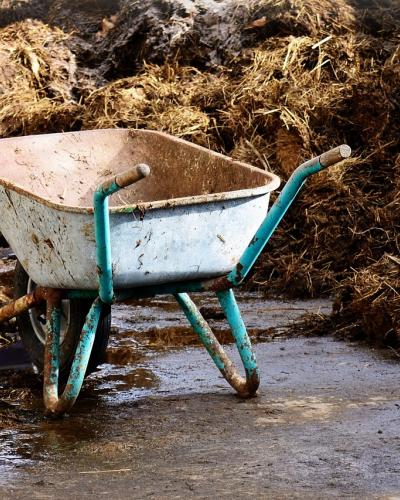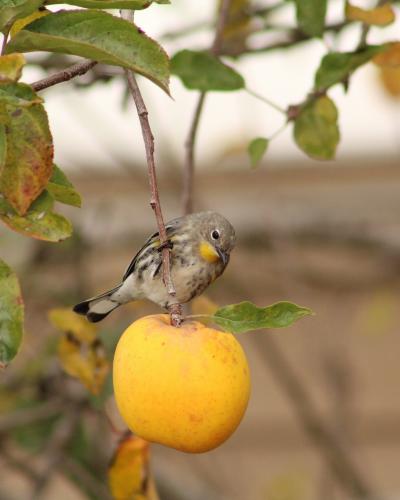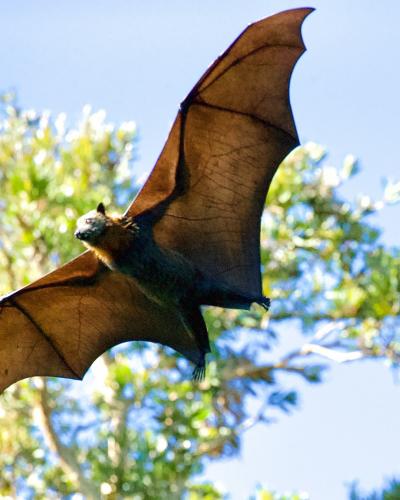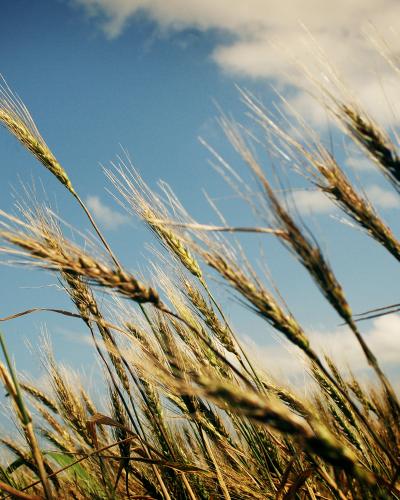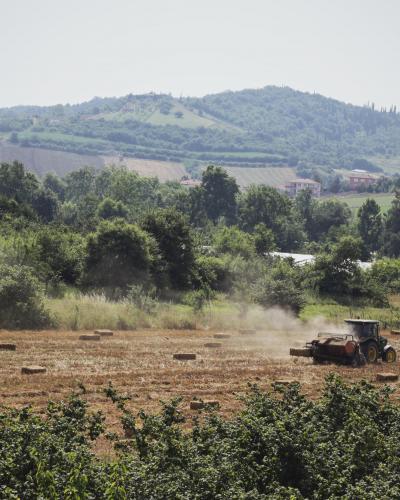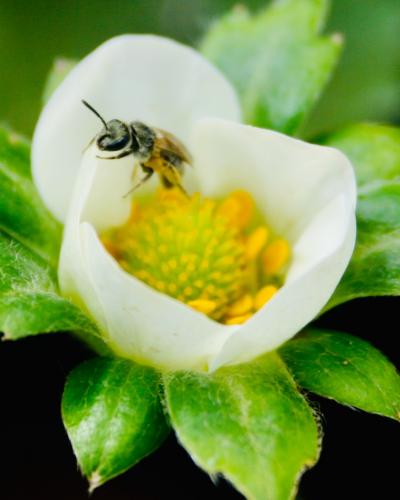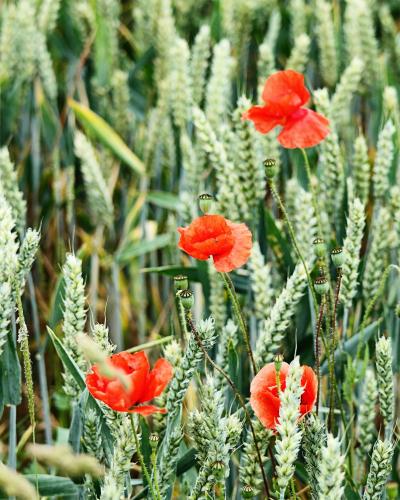A new study published in the journal Science that shows increasing agricultural diversification simultaneously benefits both environmental and social outcomes, creating multiple win-win situations...
Nov 06, 2023
Organic farming practices regulated by the USDA successfully limit soil risk to colonization by pathogenic bacteria, according to a recent American study published in the journal Frontiers in...
Aug 30, 2023
Birds from organic farms exhibit more vitality than those who live on conventional farms, according to a recent French study. Organic birds exhibit a higher rate of active behaviors including...
Aug 09, 2023
Organic farms vary in agricultural ecological practices, with small farms incorporating a higher quantity of sustainable methods than larger ones, according to a recent...
Jul 26, 2023
Foraging bats–bats who live in green spaces– prefer organic farms over conventional farms, according to a recent Italian study. Farm management was the greatest indicator of bat activity, and...
Jul 17, 2023
Organically cultivated soil hosts a more diverse microbiome than that of conventionally-farmed land, where many farmers treat their crops with synthetic chemicals to fight soil borne diseases....
Sep 23, 2022
Biodiversity is a term used to refer to the number of species in one region or ecosystem, and for the first time,...
Aug 23, 2022
When farmers increase the number of crops in their fields, this in turn changes the landscape, and wild pollinators stand to benefit, according to a paper published yesterday in...
Jun 07, 2022
When modeling the benefits of replacing beef consumption with fermented plant protein, a study found that just replacing 20...
May 25, 2022
As written in Eurasia Review:
How effective environmental measures in agriculture are for biodiversity and wild bee...


